Mastodon: @canpolat@hachyderm.io
- 163 Posts
- 39 Comments

 3·5 months ago
3·5 months agoI understand the “why would I pay for this” reaction. I think crowdsourcing is a better approach for these kinds of content. Once you reach certain level of financial commitment from the crowd, you can give away the PDF and sell the print copy.

 26·5 months ago
26·5 months agogit branches are just homeomorphic endofunctors mapping submanifolds of a Hilbert space
Yeah, once you realize that everything falls into place.

 16·6 months ago
16·6 months agoI believe you can replace
startwith the command that is suitable for your system (e.g.,xdg-openfor linux).

 3·8 months ago
3·8 months agoI think you are highlighting an important point that are missed by other commenters emphasizing the developer. I prefer GPL over MIT license. But this is a possible fallback if Redis decides to change its licensing (like several others did).
I think these kind of products have strategic significance for MS for their Azure offering. They are probably preparing to offer this there (in addition to and as an alternative to Redis). So, it makes sense for Microsoft to release this with an OSS license (otherwise no one will adopt it).

 3·8 months ago
3·8 months agoWhat
checkoutactually does. Here is a past comment with links to the courses (they are pay-walled, unfortunately)

 2·8 months ago
2·8 months agoI don’t think I read that one. I created a separate link-post for that one. Thanks.

 6·8 months ago
6·8 months agoMine happened when I watched Paolo Perrota’s Git courses on Pluralsight. That’s when it clicked for me.

 17·9 months ago
17·9 months agoWho is this particular developer
As far as I understand from the discussions about the topic, Maxim Dounin was one of the few core developers of nginx. Looks like Wikipedia has already been updated.

 12·9 months ago
12·9 months agoThe URL seems to have a typo. Correct URL is https://github.com/presslabs/gitfs
I know you said “self hosted”, but if you are interested in an Android app, Google Play Books does most of what you want, I think. You can upload your books, and read them on any device (with offline capabilities). But this is the Self Hosted community, so I will show myself out.

 17·9 months ago
17·9 months agoI don’t follow it very closely, but as far as I know, they are the only one implementing the open protocol they designed (which doesn’t interoperate with ActivityPub). However, there seems to be some efforts for creating a bridge: https://www.docs.bsky.app/blog/feature-bridgyfed
As you said, there are some recognizable faces and that may impact the adoption. But not being compatible with ActivityPub is a real bummer.

 1·9 months ago
1·9 months agoPossibly. My point is: despite having a common subset Pkl and JSON schema doesn’t seem to be solving the same problems. But, I’m just learning about it, so I may just be wrong.

 3·9 months ago
3·9 months agoI just learned about Pkl, so take this with a grain of salt. JSON Schema and Pkl seem to have some overlap. But JSON schema is not specifically designed for handling configuration and Pkl supports other formats like YAML.

 51·9 months ago
51·9 months agoThis looks really interesting. Getting type safety and editor support to configuration may change quite a bit of how things are done. I don’t know if it will gain traction, but if it does, it may really help bringing some long awaited structure to all those YAML files. There appears to be examples specifically for Kubernetes (https://github.com/apple/pkl-k8s-examples).

 6·9 months ago
6·9 months agoI wasn’t aware of that. I guess it was thought to be a mod driven community. Anyway… Cool question. I hope we will see some creative solutions here.

 6·9 months ago
6·9 months agoPlease also consider posting to !challenges@programming.dev

 2·9 months ago
2·9 months agodeleted by creator

 3·10 months ago
3·10 months agoAre you interested in working on a text editor? If so, I have an idea I plan on implementing myself for fun: a clone of HeyNote with some added functionality. HeyNote is a simple buffer that consists of blocks. It’s useful when you just want to note a simple block of text (an SQL query, log output, test data) but you are not interested in structuring it. What HeyNote lacks is the ability to add title and tags to blocks. It’s not an alternative to other note taking applications. It is just a buffer with unrelated blocks in it.
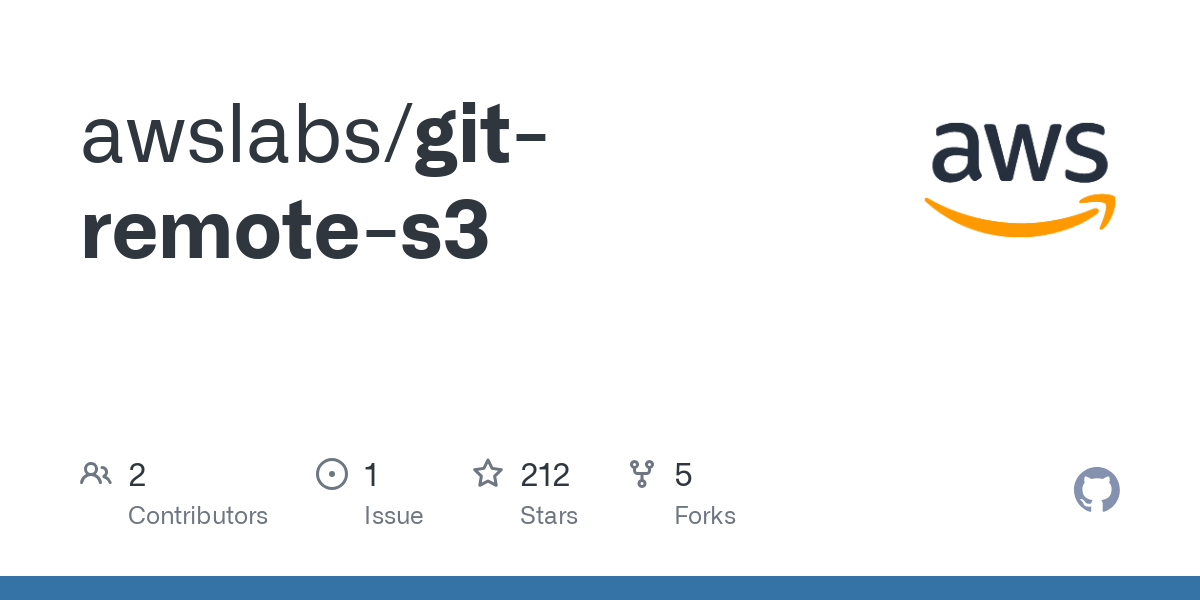
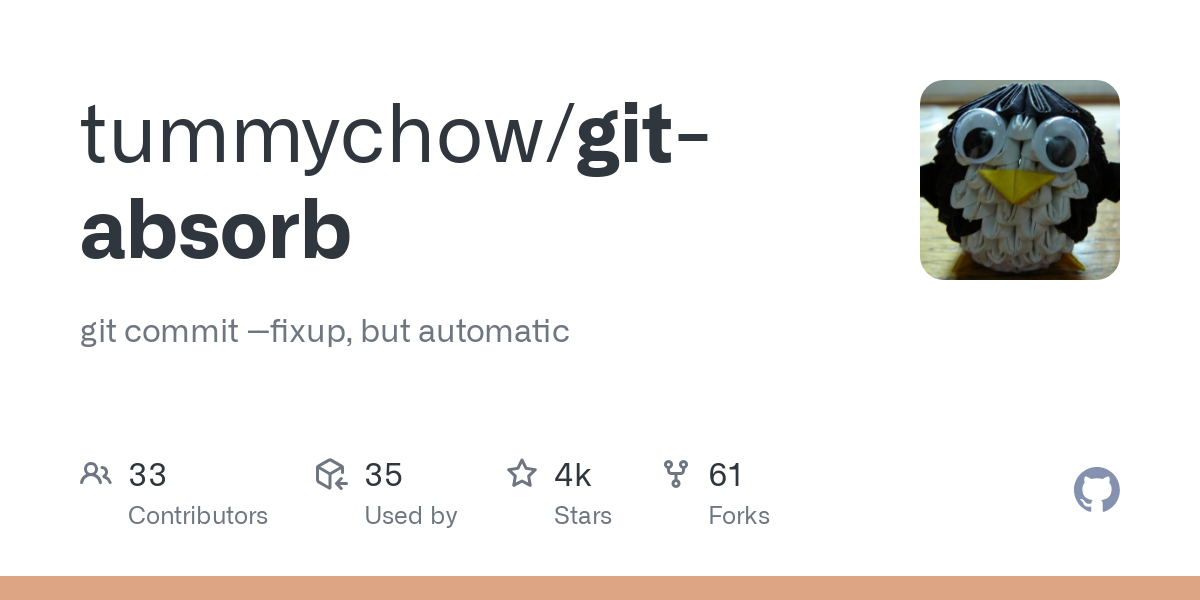
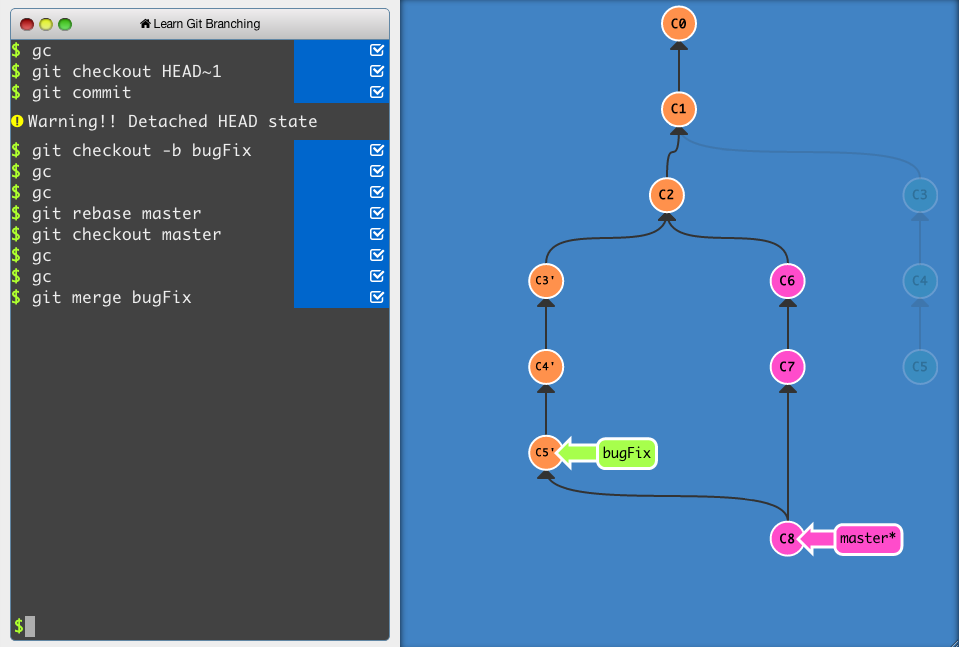
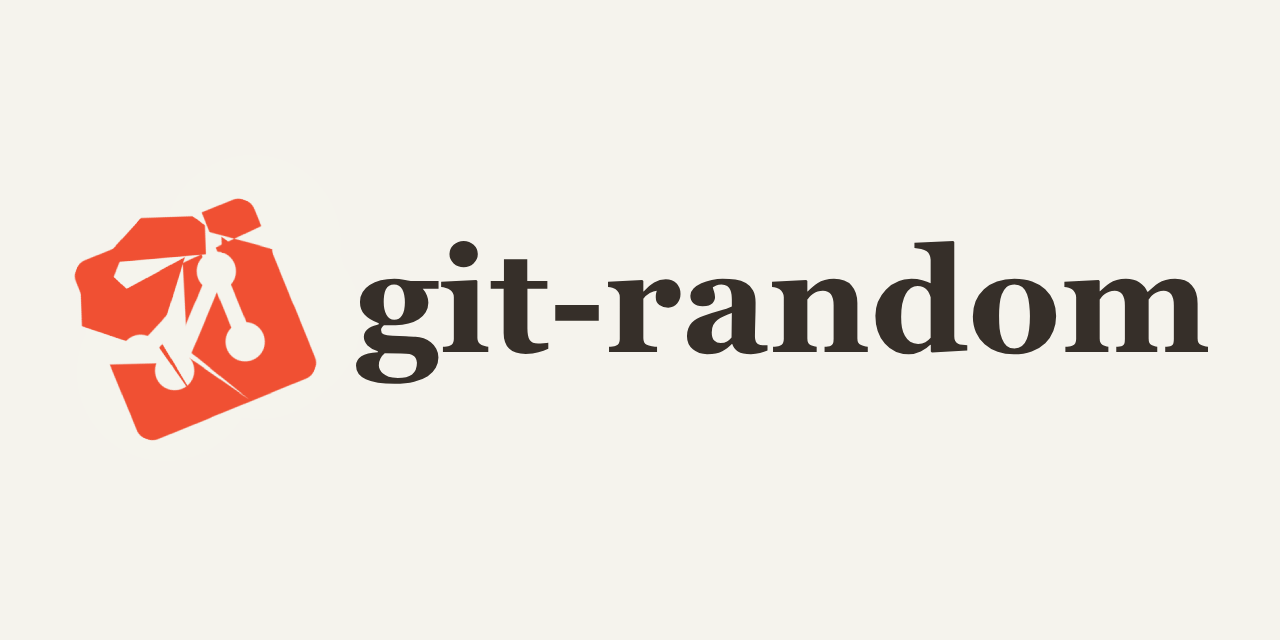
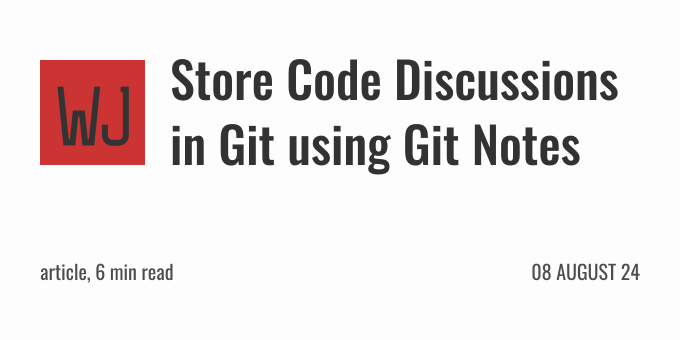
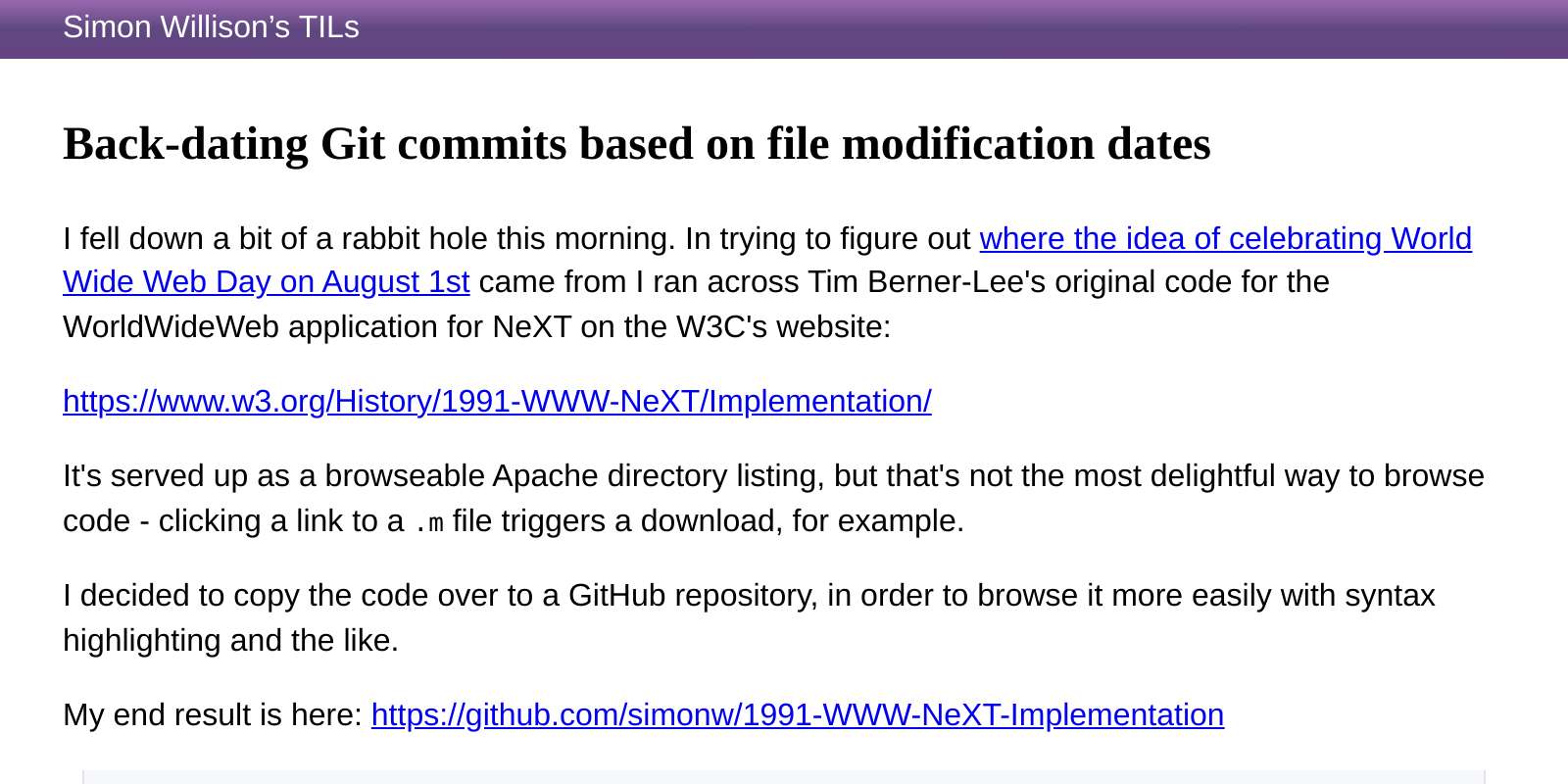
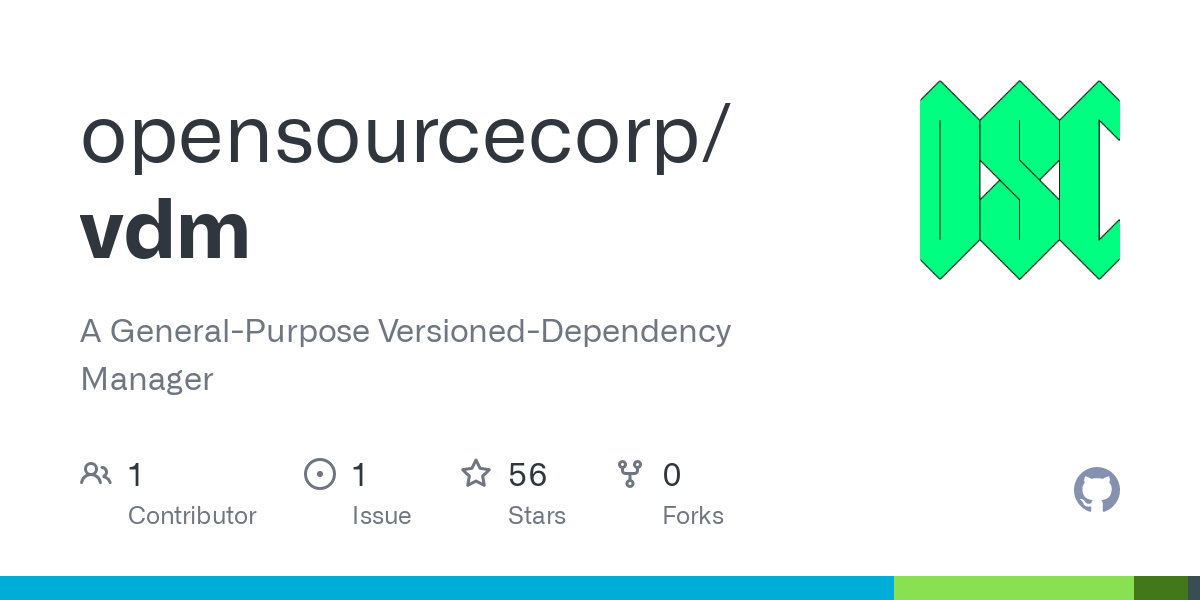


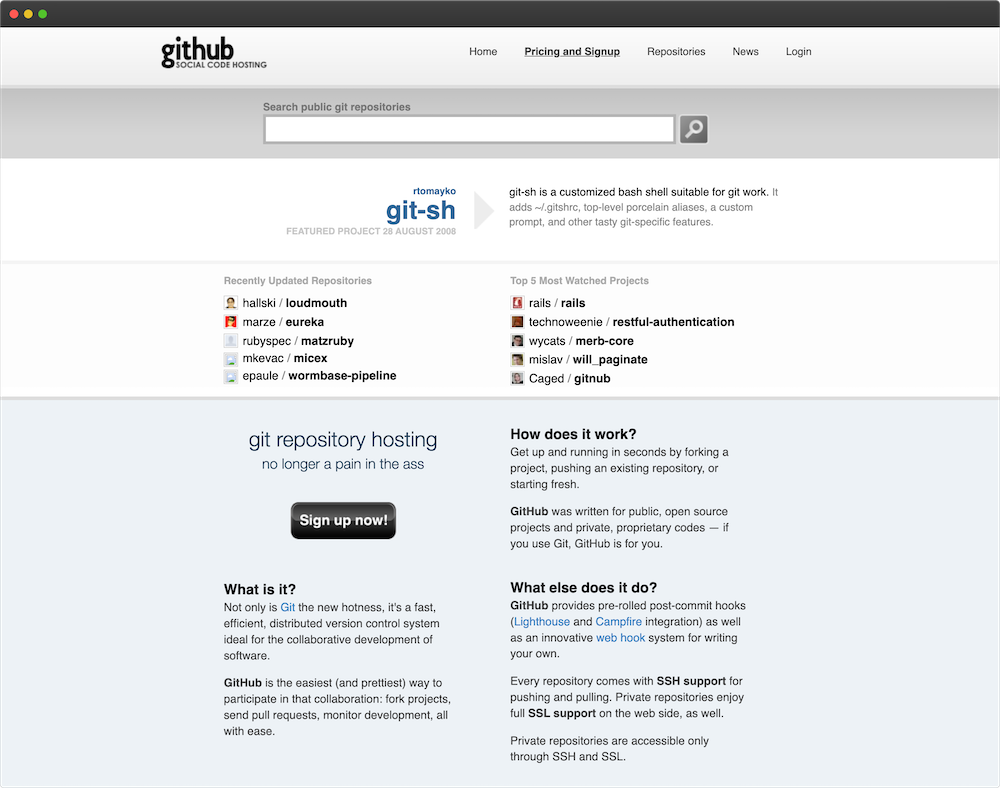

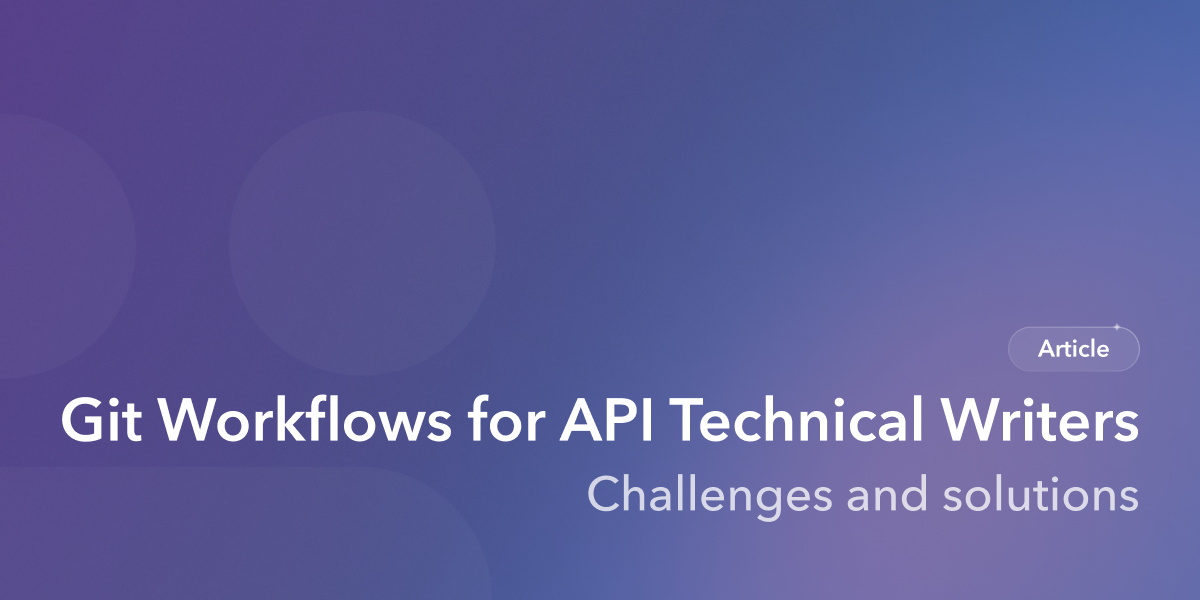

Not sure but that sounds like you have a problem with your Git installation (or a dependency of Git). Maybe a reinstallation can solve that.